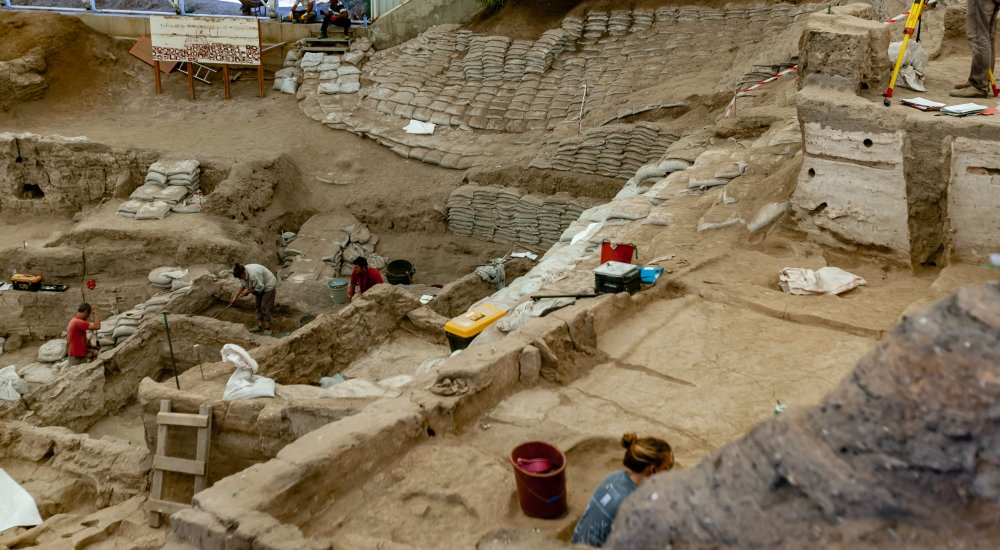DUMBARTON OAKS PROJECT GRANTS

Project Grants ($3,000-$10,000) cover direct costs of scholarly projects in the areas of study Dumbarton Oaks supports. Restrictions vary by program. Apply by November 1.
Byzantine Studies Grants Garden and Landscape Studies Grants Pre-Columbian Studies Grants
Dumbarton Oaks makes a limited number of grants to assist with scholarly projects in Byzantine Studies, Pre-Columbian Studies, and Garden and Landscape Studies. Support is generally for archeological investigation, as well as for the recovery, recording, and analysis of materials that would otherwise be lost. The normal range of awards is $3,000–$10,000. Eligible projects may include, but are not limited to, the following:
- non-destructive investigation, excavation, and/or on-site study of a (Byzantine, Pre-Columbian, Garden) site or component of one
- surveying or photographing monuments and objects that are at risk (e.g., architecture, gardens, paintings, mosaics, and sculptures in situ), as well as objects that have already been collected but are largely unrecorded and endangered.
Pre-Columbian project grants are intended only to survey, excavate, and/or document sites, landscapes, or objects that are in imminent danger. Applicants should provide evidence that such sites, landscapes, or objects are under immediate threat.
Garden and Landscape project grants are intended to support primary research of a specific site. Funds may be used for a broad array of projects including field research, site analysis, botanical surveys, heritage conservation and restoration planning, with the goal of promoting the preservation and understanding of historic gardens and other significant designed landscapes.
For Byzantine project grants, priority is given to small projects, as well as start-up support for new projects, or for the final push for completion.
Funding may only be used to cover direct costs for which original documentation must be submitted for reimbursement. Examples of eligible expenses include transportation (excluding students), meals, housing, vehicle rental, workpeople’s wages, and technical analysis (as part of the overall project). Grants are not made for the purchase of computers or other equipment or to cover the principal investigators' salaries. Project grants are not given purely for the purpose of travel, or for work associated with a degree, library or archival research, catalogues, nor for conservation and restoration per se. Priority is given to applicants who have not previously received support from Dumbarton Oaks.
Funds can only be disbursed to individuals, not academic or other institutions, and are payable by US check (US citizens or foreign nationals working in the US) or wire transfer (foreign nationals working abroad). Submission of final narrative and budget reports, including original receipts covering the project expenditures, is obligatory. Approval of final receipts and expenses is at the discretion of the Dumbarton Oaks Finance department. Funds not spent or not in compliance with Dumbarton Oaks policies will need to be repaid. Funds are available from June 1, and final reports must be submitted by the end of the following June. Awards may not be postponed or extended. Funds not spent by the conclusion of the grant period may be forfeited.
Qualifications and Conditions
Project grants are limited to applicants holding a doctorate or the equivalent, and are awarded on the basis of:
- ability and preparation of the principal project personnel (including knowledge of the requisite languages) and
- interest and value of the project to the specific field of study.
Individuals currently affiliated with Dumbarton Oaks—such as staff or the committees of Senior Fellows—are not eligible. Applications are reviewed by an external committee of scholars in the relevant field.
Completed applications must include two letters of reference posted directly by the recommenders to the online application system.
To Apply
Please read and follow the online instructions. Applications, in English, must be submitted electronically via the Embark application system by November 1.
